




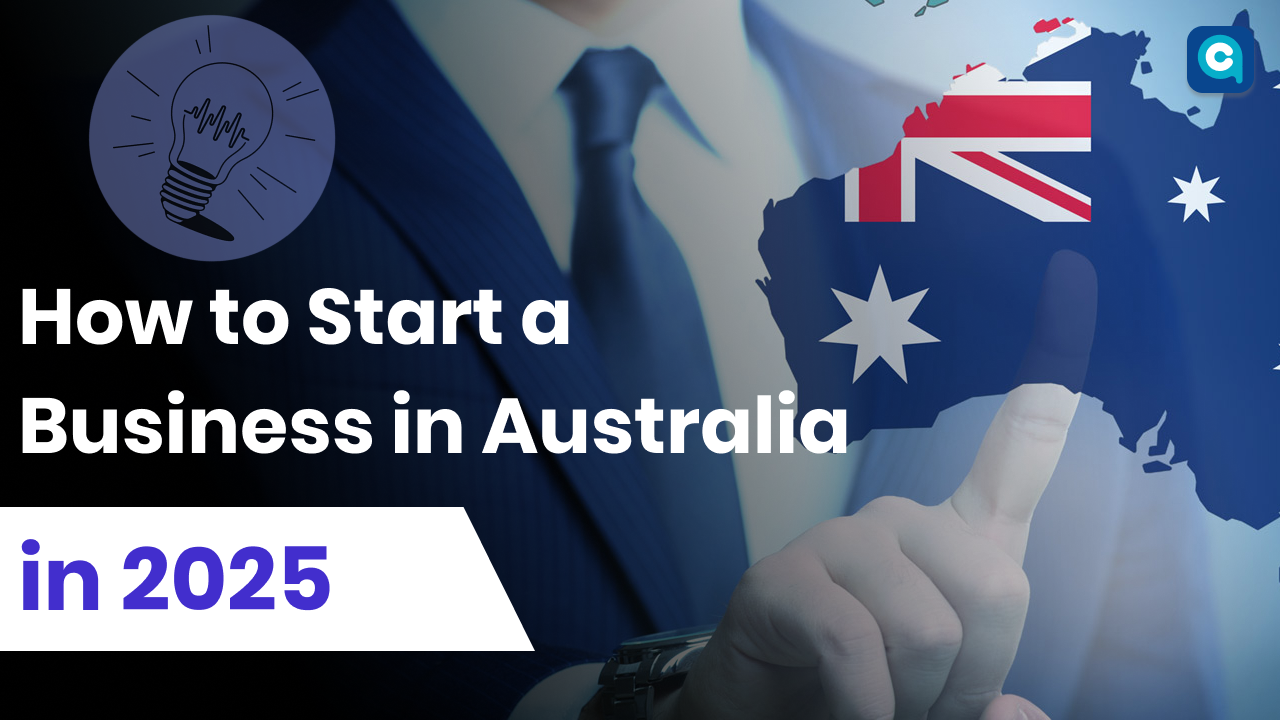
- July 07, 2025
- 53 Views
Australia is moving towards a big shift at a global level. It is strengthening the ties at the B2B level and becoming a hub for innovation, sustainability, and digital transformation.
Backed with a robust economy, a skilled workforce, and government-based programs that aim to support startups in 2025. This presents a golden entrepreneurship opportunity in Australia.
The mega-shift towards a digital-first economy, combined with growing demand for sustainable and tech-driven solutions, makes it the perfect time to start a business in Australia.
As per Statista, The Total revenue is expected to show an annual growth rate (CAGR 2022-2029) of 9.45%, resulting in a projected market volume of US$95.99m by 2029.
Do you know how this became possible to set the economy on a high note? This all happened in the Post-Pandemic recovery era, which made the government doubt the economic stability during the tough times.
To come up as a strong leader, the Australian government doubled down on supporting small-scale businesses through grants, startup business loans, and digital infrastructure.
The government conducted programs like small business grants in NSW, Tax incentives for innovation, and a streamlined registration process that was helping founders to make a move from idea to execution so fast.
But…wait, this is not the complete picture, as business is not only about funding. The business environment is ripe with opportunities thanks to;
- A highly educated and tech-savvy population comes with resources,
- A digitally connected society
- Booming sectors like AI, Healthcare, AgriTech, Clean Energy, and eCommerce
- Strong trade connection with the Asia-Pacific region, and so on.
In this blog, we’ll explore in detail how Australia provides fertile grounds for new business ideas. What makes Australia grow as the largest economy at the global frontier?
Steps on How to Start a Business in Australia?
Starting a business at an initial level indeed takes a lot of hard work. You need to be captivated with business skills, profound ideas, innovation, and discipline to run a futuristic business.
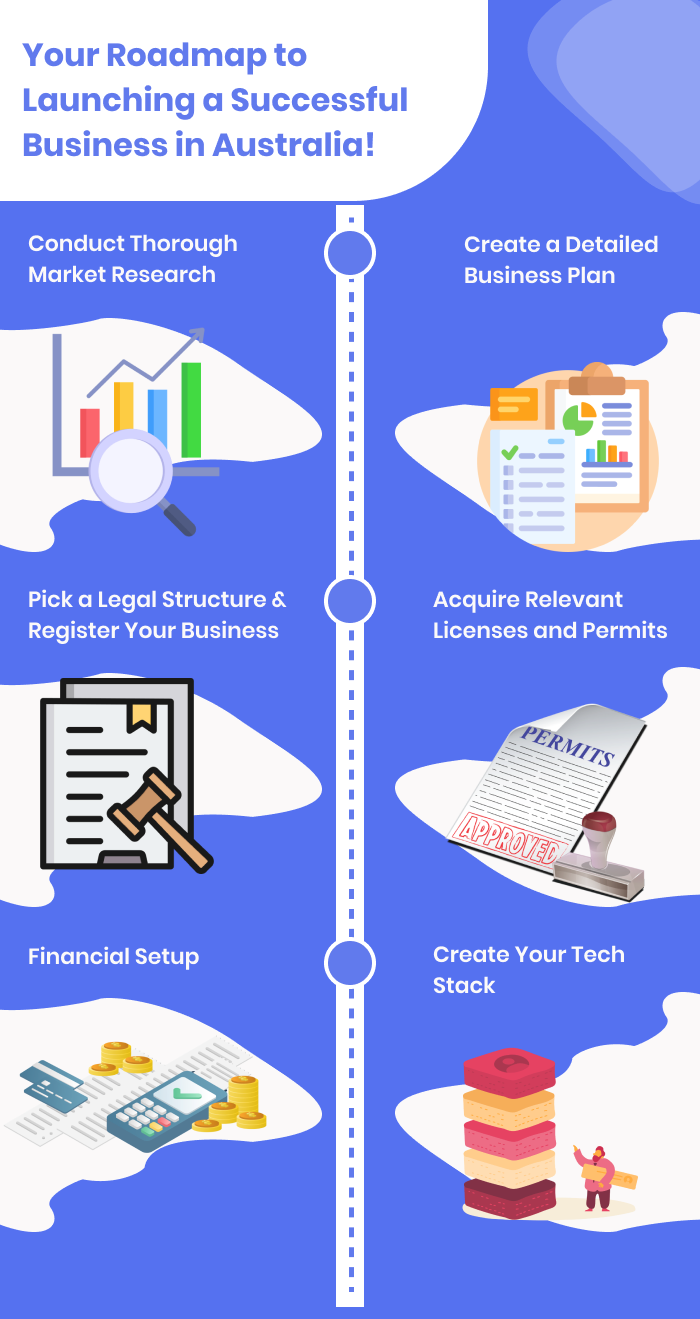
Below are the crucial steps mentioned that would be a great help to you if you add them to the list ‘steps required to start a business in Australia.
1. Conduct a Thorough Market Research
Before fully investing resources or manpower, ensure you understand the market environment. Yes, sometimes it feels that we can do the business as we have sufficient knowledge about the business, but this won’t be enough.
For this, we need to take a quick brief of the market, risk management tactics at least basic level, and how intriguingly you can present your business to build a brand. All this preparation is to give tough competition and be the company that gets recognized by its quality of services of products.
Many of the entrepreneurs skip the R&D phase and end up offering products and services to limited audiences, or go into the market where the competition is already tough.
So, to succeed in the market, you need to bring some uniqueness or fill the market gap that requires research. So, what should our research aim to answer?
There would be multiple questions that need to be brainstormed before delving deep into the market.
What are the current market gaps?
You first need to focus on whether there is any unmet need or the pain point that your product and services can solve.
Who’s the target customer?
Define the customer demographics, purchasing behavior, location, and digital habits, and accordingly sell your product/services to them.
Who are your competitors?
Analyzing local & global competitors that are operating in the same space. What’s their uniqueness, or what can you add to what they’re missing?
What makes your idea viable and competitive in the Australian market?
What’s your USP? Pricing sustainability? Or are there any regulatory barriers?
Bonus Tip: Pro tools, for instance, IBISWorld, Statista, Google Trends Australia, and ABS.gov.au, can help you gather reliable insights and real-time data. A validated idea supported by research dramatically increases your chances of success.
2. Create a Detailed Business Plan
Once your market research backs up your idea, the next step is to take your idea and turn it into a real plan through a structured business plan. This is your plan; it helps you stay on track and helps to bring in investors, lenders, or government assistance.
What should a good business plan include?
Executive Summary
A brief overview of your business idea, what your business goals are, and how you will reach your goals.
Market Analysis
Summarise your research, your target market, demand, and how your competitors operate within the market.
Product or Service that You will Offer
This section will describe what you are selling, how it works, and how it will help your customer to address their problem.
Operations Plan
How is the business going to operate? Include things like logistics, team, how the supply chain will work, or vendor relationships.
Marketing & Sales Strategy
How are you going to attract and retain your customers? This does include pricing, social media promotion, online marketing, and sales funnels.
Financial Forecasts
Include start-up costs, sales forecasts, break-even analysis, and what you will need for funding.
Funding Requirements
If you will be applying for startup business loans or small business assistance grants (either NSW or national), then this section is very important.
Having a well-thought-out business plan gives you strategic direction and is often a requirement when you apply for funding or take on partnerships with other investors/businesses.
3. Pick a legal structure & register your business
The next important decision you will have to make is in selecting the right legal structure, as this will affect taxes, liability, paperwork, and the opportunity to raise capital.
What are the common business structures in Australia?
- Sole Trader- Very simple and low-cost; you are normally personally liable for any debts incurred.
- Partnership- Owned by two or more people. The responsibilities, profit, and risks are shared.
- Company (Pty Ltd)- Separate legal entity, protects the owners with limited liability protection, and comes at the expense of more regulation and set-up costs
- Trust- Somewhat a hybrid legal structure, where the trustee holds assets for the beneficiaries. This is very complex, but it provides asset protection and opportunities to undertake special tax planning.
- The registration process- Apply for an ABN (Australian Business Number) using the Australian Business Register.
Then register your business name with ASIC (Australian Securities and Investments Commission). You will also need to register for the GST if you are projecting to earn over AUD 75,000/yr.
Finally, you will also need to register for PAYG (Pay As You Go) withholding if you plan to hire employees.
4. Acquire Relevant Licenses and Permits
All businesses in Australia have obligations under local and state government laws and are generally covered by federal law. Depending on your industry, you may need one or many licenses or permits to operate your business in Australia.
When starting your business, it is important to consider the following when procuring licenses:
- Zoning and council requirements
- Health and safety permits
- Environmental approvals
- Professional credentials
Example: A Sydney food truck needs to apply for a food business license, and health inspection license, and obtain a public area permit for operation.
There are stiff penalties for failing to get the right licenses. Businesses can be fined or forced to close down. Absolute thoroughness applies to all of these processes.
5. Financial Setup
You will want to get your finances under control from day one. Here is how to establish a financial basis for your startup:
Open a Business Bank Account
To legally distinguish between business and personal finances, make sure to keep separate accounts. This should make filing tax returns easier and establish your business as credible.
Choose Accounting Software
Choose from platforms such as Xero, MYOB, or QuickBooks, which track expenses, payouts, invoicing, and payments to other businesses in Australia.
You will need to register for a Tax File Number (TFN)
If you are going to be registering as a company, then you will need a separate TFN from the ATO (Australian Taxation Office).
You may need to set up Superannuation
If you want to hire employees, then you will need to set up superannuation compliance with super laws.
Protect Your Business
Consider types of insurance:
- Public Liability Insurance ( for any high/ medium infrastructure interaction with the public)
- Workers' Compensation
- Professional Indemnity Insurance
- Cyber Insurance (Digital-based businesses)
Research Funding Options
Don't bootstrap if you don't have to. Here are a few options you could consider:
- Startup business loans are available to businesses from banks/financial institutions
- Government rebates/grants, etc. (small business grants NSW)
- Angel investors /VCs
- Crowdfunding organisation
- Use the Grants & Programs Finder to search for relevant federal or regional funding.
6. Create Your Tech Stack
In a competitive landscape, building your tech stack is crucial to your success. Australian consumers are predominantly digital and expect to interact with you online easily.
Build a Professional website that includes;
- Mobile Responsive
- SEO compliant
- Fast loading
- Communicating your value proposition
Consider using tools such as WordPress, Webflow, Shopify, or you could engage a web development agency.
Create a Mobile App (If Applicable)
If you think they will benefit from a mobile experience, you may like to build a cross-platform mobile app. Collaborate closely with a reliable mobile development company to create an app that is user-friendly, easy to scale, and secure.
Utilise CRM and Automation Tools
Software like HubSpot, Zoho, or Salesforce can be beneficial in managing customers, capturing leads, and automating your marketing workflows.
Enable E-commerce & Payment Integration
If you are selling online, integrate secure payment gateways such as Stripe, Square, or PayPal along with inventory tracking systems, product reviews, and live chat.
Prioritize Cybersecurity
Australian laws, including the Privacy Act 1988, require you to protect customer data. You need to get secure hosting and SSL certificates in addition to following GDPR compliant practices.
Top 10 Profitable Business Ideas in Australia for 2025
If you're considering what is the best business to start in Australia in 2025, you are not the only one. Entrepreneurs, investors, and digital nomads alike have their eyes on Australia's fast-growth sectors, which have the potential to ride the economic waves of 2025.
Coupled with a fabric of changing consumer habits, government incentives, and a drive for digital transformation and sustainability, creates a wealth of opportunities to become an entrepreneur in Australia.
To get your creative juices flowing, here are 10 startup ideas across growth sectors that meet Australia's current trends.

1. Eco-Friendly Packaging Solutions
Australia is currently phasing out single-use plastics, and being one of the first countries in the world to impose strict packaging laws, there is an urgent need for sustainable, biodegradable, and compostable packaging solutions. From the food and beverage industries, businesses in Australia are now required to adopt or expect eco-practices in eCommerce and cosmetics.
Starting a business in eco-packaging might mean:
- Manufacturing compostable packaging materials
- Distributing reusable product packaging to retailers
- Providing custom-designed, branded eco-packaging for online stores
It also aligns with Australia's 2025 National Packaging Targets of 100% recyclable, compostable, or reusable packaging; therefore, this sector is sustainable in addition to being a very scalable sector.
For example, BioPak is a leading sustainable packaging company that puts the planet first. They started in 2006 and have now become a globally recognized and acceptable brand.
The Australian sustainable packaging market size reached USD 12.7 billion in 2024, according to IMARC Group
In 2024, the digital advertising agencies market in Australia was valued at $3.7 billion, according to IBISWorld
2. Digital Marketing Agency
Due to the sheer number of small and medium-sized businesses (SMEs) going digital, the demand for digital marketing services is booming, from social media management, SEO, and performance marketing to influencer marketing campaigns.
So, if you're good at digital strategy, content creation, or just know your way around marketing automation tools, launching a digital marketing startup in Australia, directed at:
- Local businesses moving online
- Niche markets, ie, health, legal, and real estate
- International clients wanting to reach Australian consumers can feasibly do so.
- Freelancers and solopreneurs can easily grow this into a company through the proper technology, a team that works remotely, and a client-first mindset.
For example, Clearwater is an established brand in Australia. It dealt in the digital marketing agency and positioned itself as one of the global leaders.
3. Health & Wellness Coaching
As Australians become more aware of the impact of mental health, fitness, and general wellness, health and wellness is a growing sector. Therefore, you can start your own wellness-based startup through:
- Fitness training, online or face-to-face
- Nutrition plan application
- Mental wellness coaching
- Workplace wellness
For example, TheMindRoom, a Melbourne-based wellness hub, runs psychology-based performance coaching and wellbeing science. A successful business model that is a need of the hour, and understands the pain behind every sitting.
A Melbourne-based wellness hub that combines psychology, performance coaching, and wellbeing science. They offer both in-person and virtual sessions and have become a go-to for individuals and businesses focused on mental wellbeing.
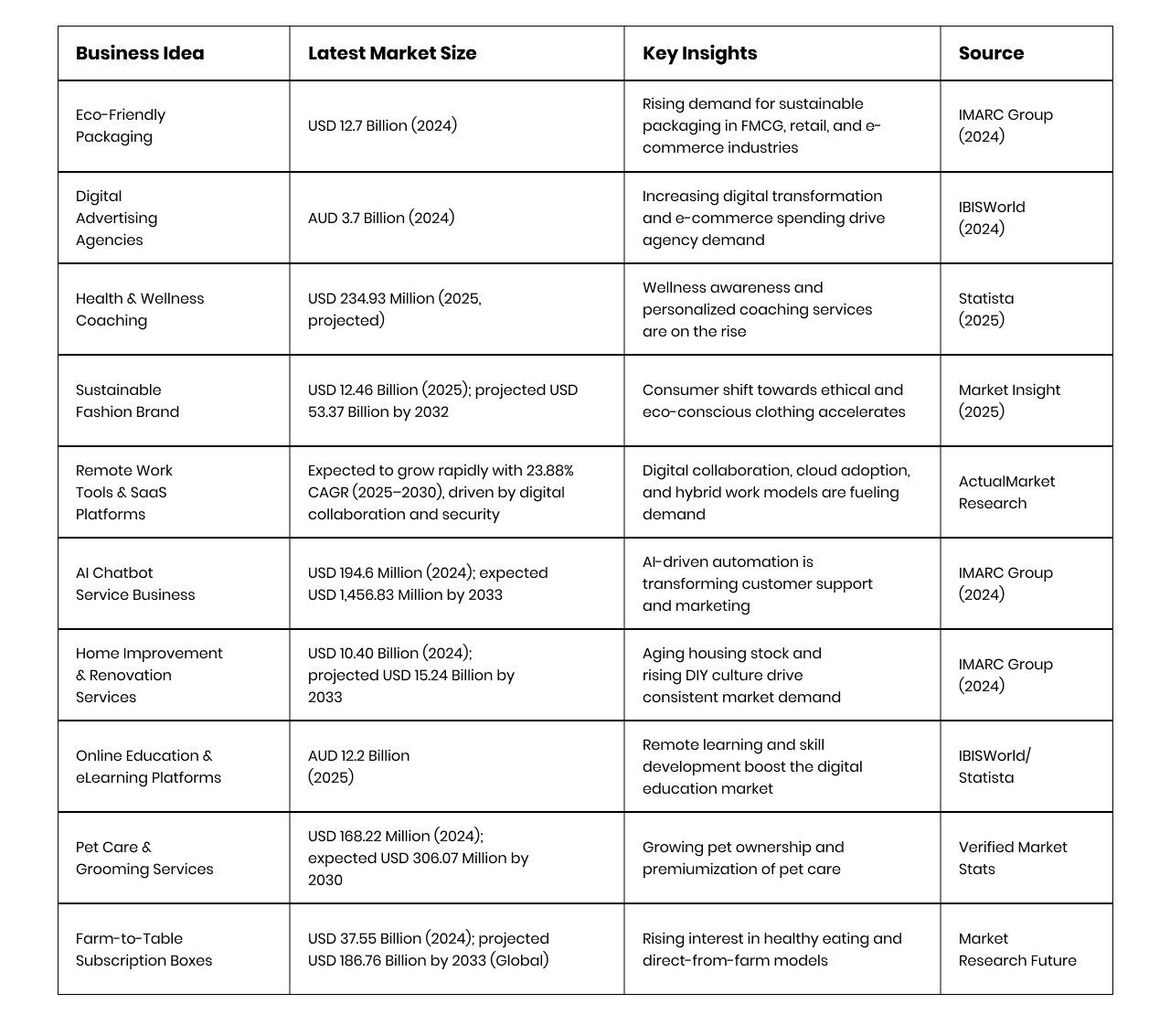
4. Sustainable Fashion Brand
The fashion arena in Australia is changing rapidly, with consumers, particularly Gen Z and Millennials, wanting ethically produced and environmentally friendly clothing.
This means there is a huge opportunity for startups to focus on Ehrlich on/planning to help build:
- Slow fashion manufacturing
- Recycled textiles and zero-waste designs
- Locally sourced and fairly, ethically produced garments
You remarked on sustainability coupled with storytelling and built a direct-to-consumer brand using e-commerce platforms, Instagram, and influencers. Again, subscription models and limited capsule drops are a trend.
For Example, OutlandDenim is based in Queensland, and they produce sustainable and ethically-made jeans. They employ women rescued from human trafficking and focus on environmental practices, gaining global attention, including from Meghan Markle.
5. Remote Work Tools and SaaS Platforms
With hybrid and remote work continuing to become the norm in Australia, there is a growing. Solo consumption scenario where the solutions being sought are:
- Collaboration, project management platform
- Virtual whiteboards, brainstormers, and meeting rooms
- Time-tracking and team performance analytics
- Secure communications software
Creating a Software-as-a-Service (SaaS) product focused specifically on remotely working businesses, particularly SME, would be a profitable venture. Make sure that you consider UX, simple automation, and, where possible, compatibility across devices.
In 2025, people won't be looking for diets or workouts, but lifestyle approaches. The market is towards all-encompassing wellness solutions that combine physical, emotional, and nutritional well-being.
If there is an opportunity to connect these lifestyle scenarios through any kind of mobile app or platform with virtual sessions, you will win.
For Example, Atlassian is a global technology leader based in Sydney that builds software applications, including Jira, Confluence, and Trello applications, all of which are used globally for software project management and distributed teams.
6. AI Chatbot Service Business
Customer service is changing very quickly because of Artificial Intelligence. More Australian businesses, in particular eCommerce stores, real estate agents, and health care service providers, are using AI chatbots to help customers 24/7.
You could create or resell.
- Custom AI chatbot solutions for SMEs
- Integration services to Messenger, WhatsApp, or other related sites
- Templates for existing bots, focused on specific industries (eg, legal, healthcare)
Globally, the chatbot industry is projected to grow very fast, and with Australia's plan to be a digital economy, businesses will be looking for AI solutions.
For Example, CuriousThingAI is an Aussie startup that provides voice AI assistants to businesses for customer service, appointment booking, and feedback collection - it's being used in a big way in the healthcare and financial services industries.
7. Home Improvements & Renovations
With more Australians spending time at home and investing in making their home more comfortable, the home renovation sector is booming. Startups operating in this space have opportunities to focus on:
- Smart technologies to support home installations or renovations
- Sustainable furniture/home renovations
- Styling or optimising spaces for beauty or investment
- DIY and online consulting or design services
This is especially lucrative as an offering in suburban or semi-rural locations that are close to urban centres, but where costs to develop property are becoming very viable.
You could take this business to the next level with partnerships with builders, architects, or suppliers.
For example, Hipages, Australia's largest online marketplace connecting consumers with tradespeople who have been pre-screened to complete home improvement projects. It's a tech-enabled services marketplace that is used by millions.
8. Online Education & eLearning Platforms
With Australians keen on upskilling and learning remotely, this is a strong growth area in edtech. Whether it is for online short courses or more niche learning platforms, digital education was never just going to be a COVID trend; it is the future.
Especially lucrative niches include:
- Coding, data science, and AI.
- Finance and investing.
- Creative skills (design, writing, photography).
- Personal development & productivity
Through a focus on mobile-first design and engaging UX, creating an online learning platform or app in 2025 could potentially allow you to earn recurring revenue through subscriptions or direct course purchases.
For example, Edrolo is a Sydney-based education technology business that provides curriculum-aligned video lessons, exam preparation, and analytics to Australian high school students. It's being used widely across NSW and Victoria.
9. Pet Care & Grooming Services
As per Statista, Australia is undoubtedly a nation of animal lovers, with nearly half of the households in Australia owning a dog, and a third of Australian homes having a cat as a pet
In particular, this creates space for a rapidly expanding startup economy in:
- Mobile pet grooming services.
- Natural following and organic pet food subscription services.
- Pet daycares/ dog walking apps.
- Vet tech, wearables, and health monitoring systems.
Cities like Sydney, Brisbane, and Melbourne are perfect for pet-related business ideas. When exploring e-commerce and mobile booking apps, you can also have a digital business.
For Example, Mad Paws, A successful Aussie startup that connects pet owners with carefully vetted and trusted pet sitters, walkers, and groomers. A trusted marketplace with no shortage of pet service providers across the country.
10. Farm-to-Table Subscription Boxes
As more Australians discover organic and locally sourced food, farm-to-door delivery services are becoming very successful. If you are located in or near a rural area, you can partner with farmers and producers and offer:
- Seasonal fruit and vegetable boxes
- Artisanal dairy, bread, and meat products
- Subscription boxes with recipe cards and meal kits
This business not only supports local farmers while it complies with the needs of eco-conscious urban consumers wanting transparency and freshness. You simply do need a compelling brand story and a strong logistics plan to stand apart from the competition.
For Example, Harris Farm Markets sends fresh, locally sourced farm produce to homes around NSW and also beyond. Their subscription box service promotes seasonal eating whilst supporting local farmers.
What are the Tips for Success in Business in 2025
There are some tips and a roadmap to achieve success in business in 2025 that can make you stand out. Those mentioned below;
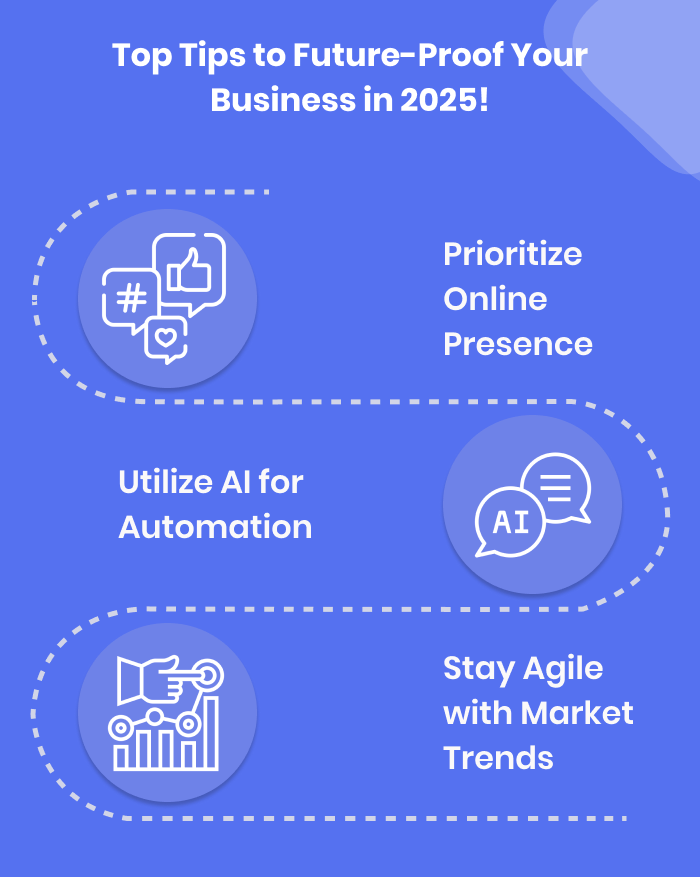
Prioritize Online Presence
A strong online brand is no longer an option. Focus on:
1. Search Engine Optimization (SEO)
2. Social media strategy
3. Online reviews and reputation management
4. Email and influencer marketing
Note: CodeAegis has strong expertise in elevating online presence. You can reach out to us if you're looking to scale your startup into an enterprise-level business.
Utilize AI for Automation
AI is all about doing more with less. So, then Automate:
1. Lead generation
2. Customer service
3. Inventory management
4. Data analytics
Note: CodeAegis also expanded into AI-powered Automation to help your business stay ahead of the curve. So, make sure to get in touch with us, whether you have a query or a game-changing idea to build a business from scratch. We can help you reduce operational costs and make smarter decisions
Stay Agile with Market Trends
Trends change quickly. No matter if it is sustainability, Web3, or something new & innovative, your business needs to be:
1. Agile in their operations
2. Fast to test & pivot
3. Open to innovation
4. Set quarterly review goals to keep pace with market needs.
Wrapping Up…
The Australian business scene is full of opportunities, particularly in 2025, for people who are ready to take advantage of digital transformation and sustainability, and conscious consumerism.
Whether you are launching a side hustle or building a scalable startup, these top business ideas in Australia offer a starting point and a wealth of potential.
Want to make sure your business idea is viable, scalable, and future-ready? Then don’t just dream it, validate it, write your business plan, and start your new business launch in Australia.
Are you looking to find out How to Start a Business in Australia in 2025?
No problem, we’ve got you covered. If you are struggling with any step or decision, then our expertise can make a big difference to your business journey.


Frequently Asked Questions
1. I want to open a business, but I am at a loss for ideas. What do I do?
Start with exploring current trending industries in Australia, like eco-conscious packaging, digital marketing, or wellness. Use tools like Google Trends and IBISWorld to find gaps in the market. You can even chat with startup advisors to help determine what suits your interests and skills.
2. I have an idea for a business, but I do not have a budget. What can I do?
Look into startup business loans, small business grants for NSW, crowdfunding, or pitch to angel investors.
Get out a business plan to help you determine what opportunities you have for funding through the business.gov.au site.
3. What does NSW mean?
NSW is short for New South Wales in Australia, a major startup region. "Small business grants NSW" refers to the financial funding available for small businesses in New South Wales.
About Author
You May Also Like

Augmented Reality and Virtual Reality are the two leading buzzwords in the technology era. What began as a completely new, significantly different technology has rapidly revolutionized into something
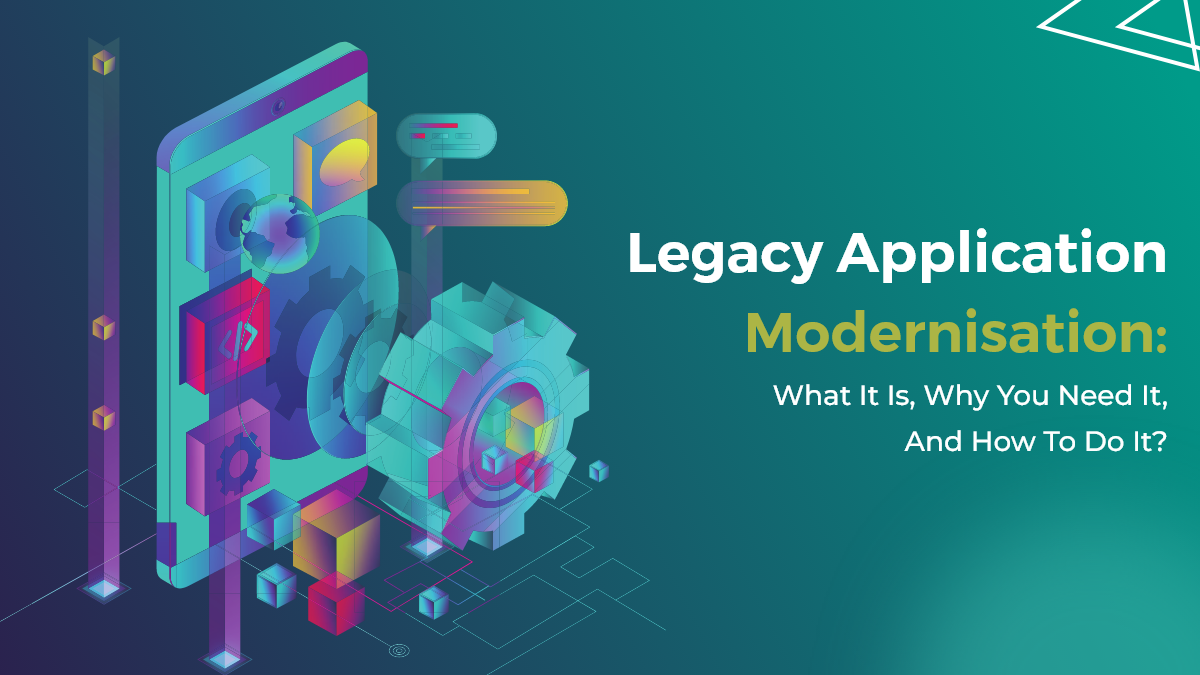
Mobile app development is quickly becoming a necessity for businesses. As the world becomes increasingly digital, companies of all sizes rely on mobile apps to reach customers and increase customer en

Nowadays, the digital presence has revolutionized business dynamics. App development is not just evolving but breaking traditional barriers and emerging as strong and progressive solutions. With robus

The gaming industry is proliferating with the advent of smartphones and PCs. Every age group, from children to adults, is well-engaged and fond of online gaming. The rapid evolution of mobile gaming a
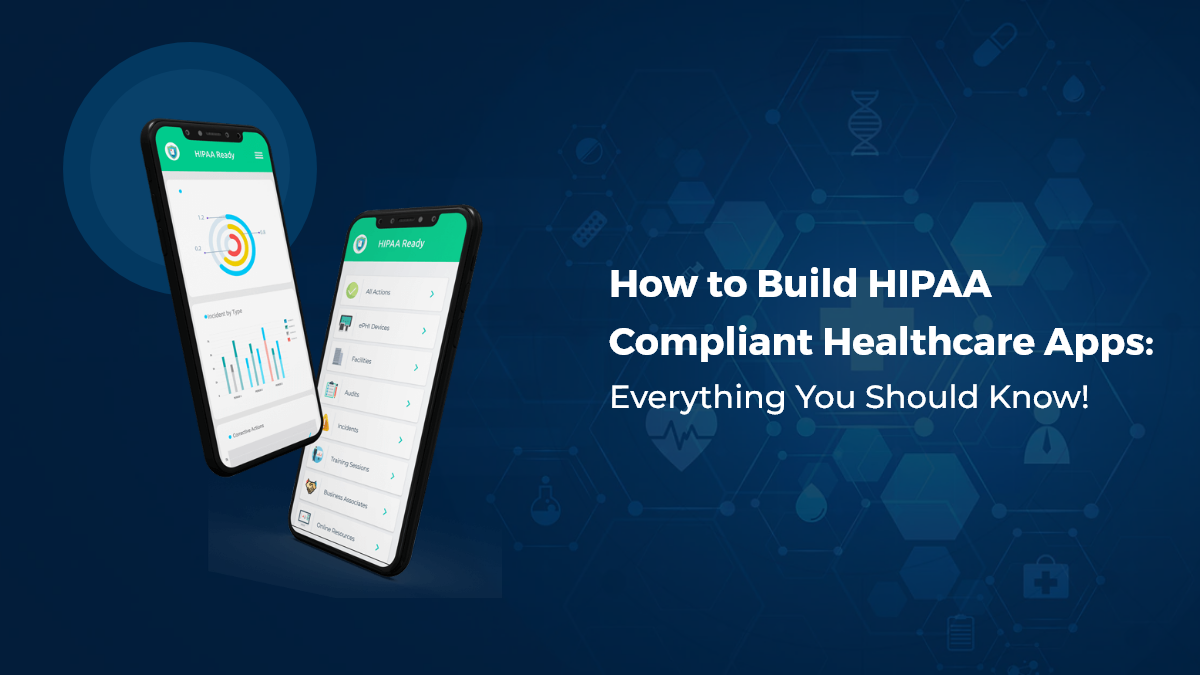
If you’re in the healthcare industry, then you know that data privacy and security are of utmost importance. In order to protect patients’ information, the Health Insurance Portability and

Blockchain technology is becoming the heart of multiple industries. It is robustly securing businesses through its core value, making it the first pick-up in the generative AIs. The blockchain is the

The United Arab Emirates (UAE) is flourishing as the hub for blockchain technologies, transforming the digital ecosystem and having a forward-thinking government to maintain its competitive edge. Gove
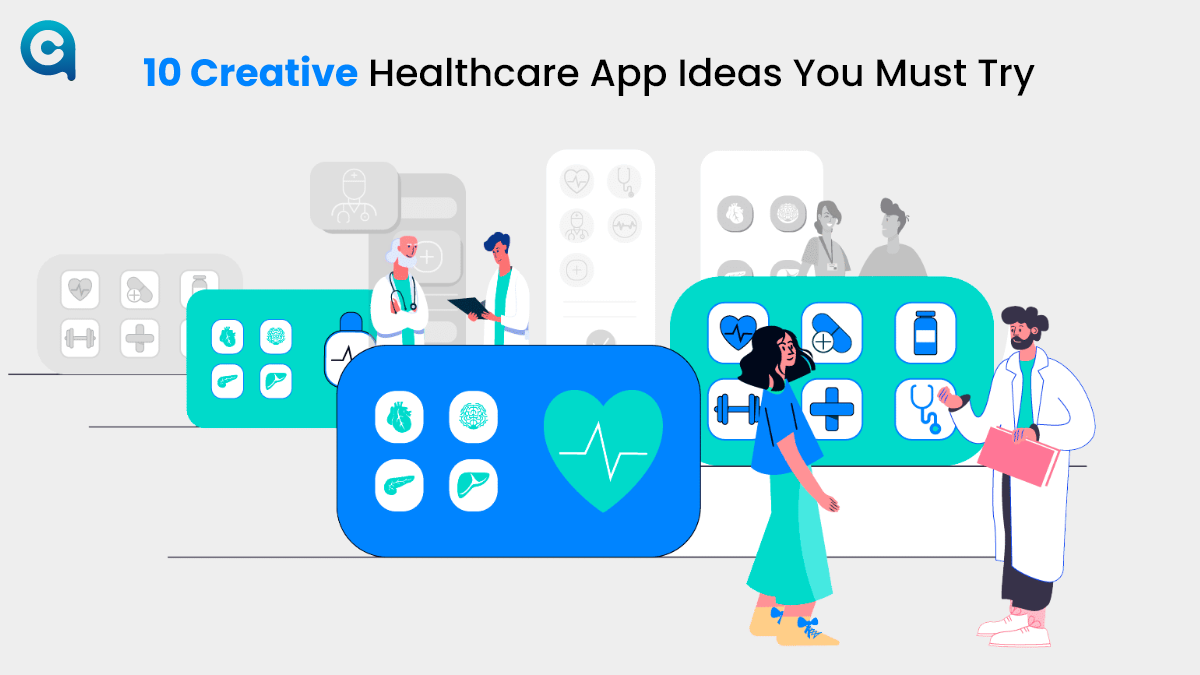
As we head into the future, more and more people are looking to find ways to improve their healthcare. And with good reason - healthcare can be expensive, and it can be difficult to get the right care
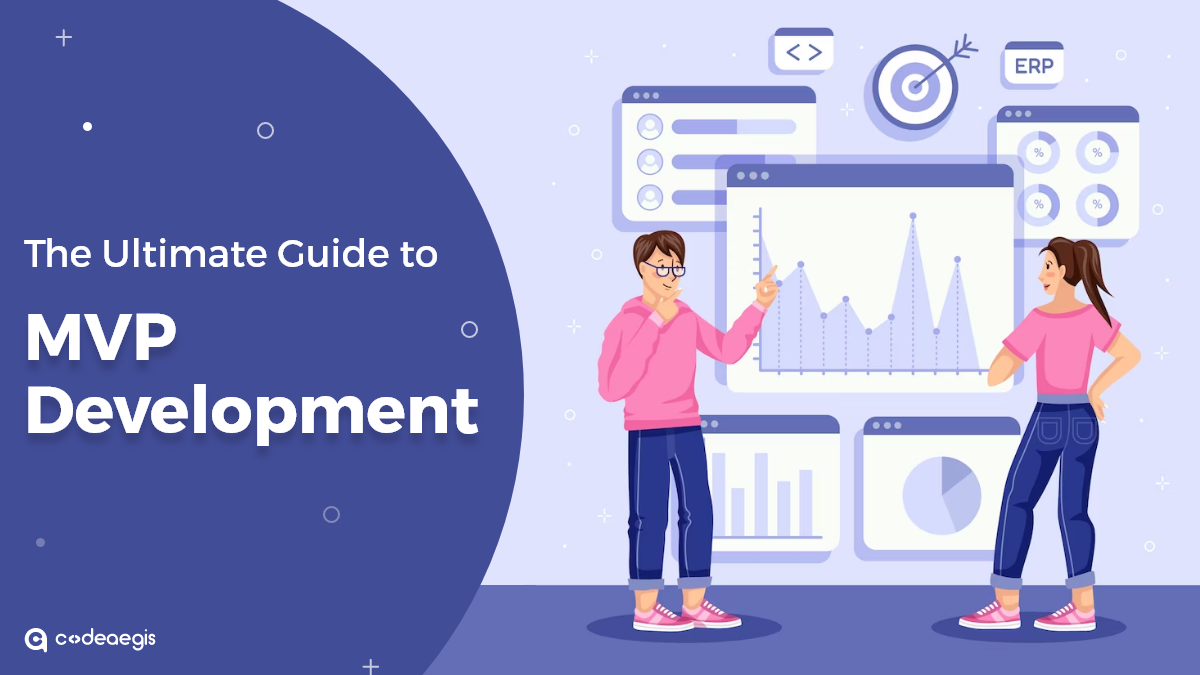
As the world of startups becomes increasingly competitive, building an MVP is crucial for entrepreneurs looking to test their ideas and launch successful businesses. By creating a minimum viable produ

Can you give thought to a week without coffee breaks at cafes? It might not be possible, but earlier, having coffee outside the house was never a thing. So how the tables have changed the corners?
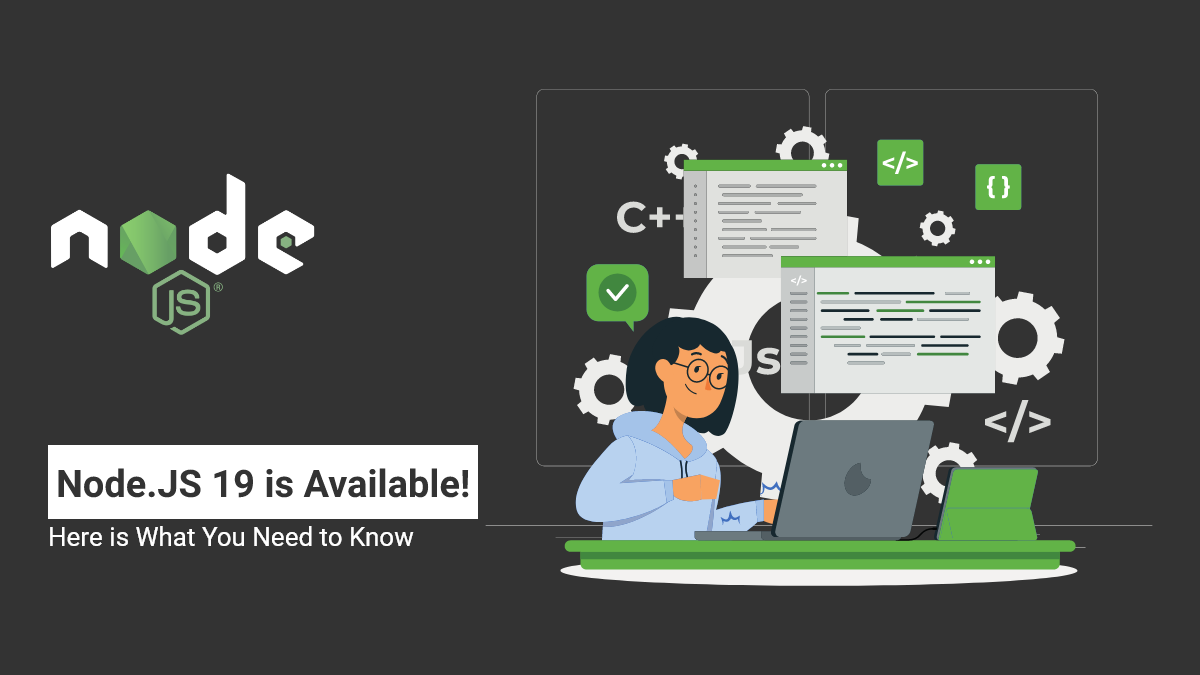
The launch of Node.js 19 is now available! It substitutes Node.js 18 as the current launch line, with Node.js 18 being encouraged to long-term support (LTS) next week. What do these two launches mean

DeFi is a new kind of investment that’s taking the world by storm. So what is it? Essentially, DeFi is a digital asset class that allows you to invest in cryptocurrencies and other digital asset

With the ubiquity of smartphones and tablets, it only makes sense that mobile app development - which is the process of creating applications for smartphones and tablet devices - is becoming more popu

Australia is moving towards a big shift at a global level. It is strengthening the ties at the B2B level and becoming a hub for innovation, sustainability, and digital transformation. Backed with a r
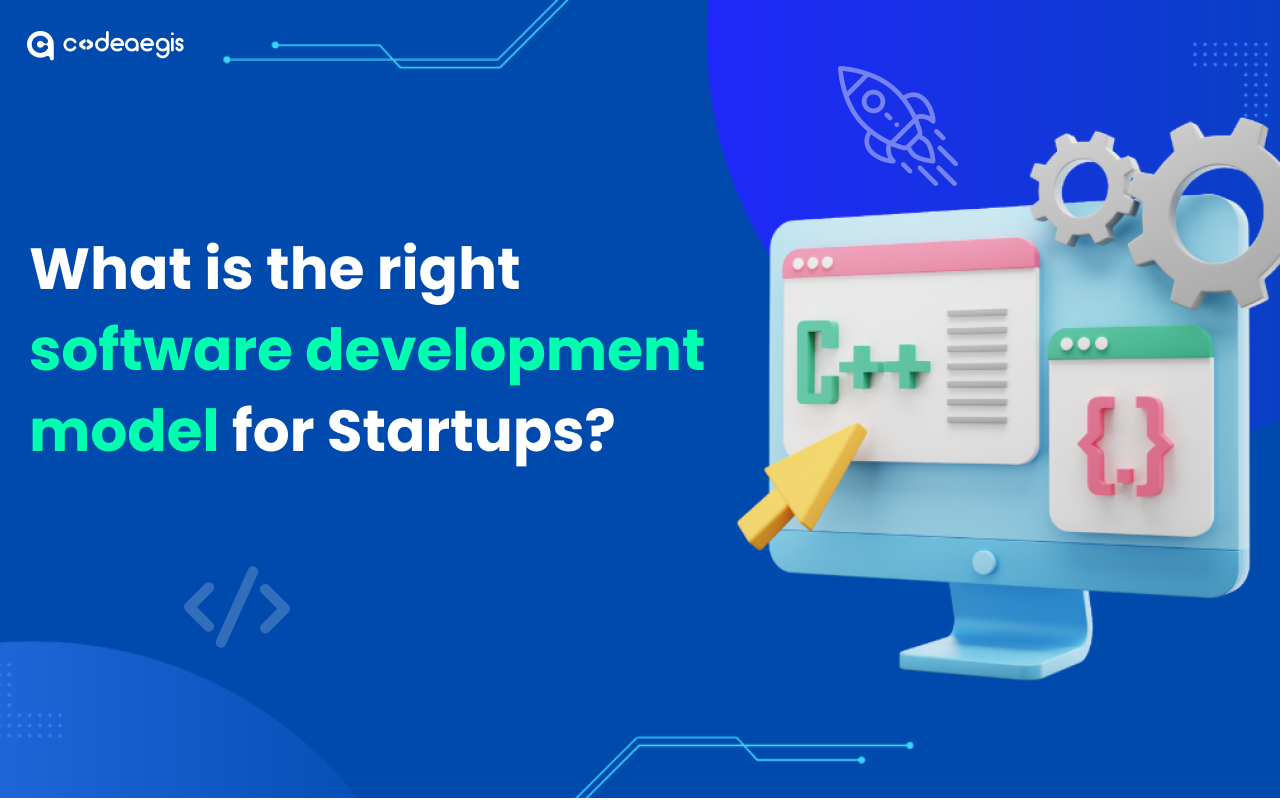
Sipping coffee and thinking of a startup has always been trendy. Similarly, hanging out with friends and promising them to start a business someday feels refreshing. Did you know that several success

The mobile app market has grown to a staggering size, with over 1.8 million apps available in the Google Play Store and Apple App Store combined. Mobile apps have become a necessity for people worldwi

Do you run your own business and want to build an Android app? If yes, you must know about the latest technology trends playing a significant role in the android app development process. Technology i

Prime Minister Narendra Modi eventually launched 5G in India at the 6th edition of the IMC (India Mobile Congress). Reliance Jio and other telecom organizations documented the various use cases of 5G
The beacon technology market was valued at 519.6 million U.S. dollars in 2016, and it was estimated to increase at a CAGR of 59.8% to reach about 56.6 billion U.S. dollars in size in 2026. Throughout
Have you ever felt like you’ve attracted 30% more consumers to your shopping sales by using a technical hack to revive your shops? It would work like a person was crossing through next to your

Have you ever found yourself in a situation where you desperately needed a product or service but didn't have the time or energy to go out and get it? Well, fear no more because on-demand delivery app

As blockchain technology continues to evolve, so too does the landscape of projects built on its foundation. The worldwide Blockchain market is predicted to expand at a CAGR of 42.8% (2018-2023), dire

Want to establish a new business or improve an existing one? You should consider using blockchain technology Being a distributed database, Blockchain allows for secure online transactions. This techn

Lately, the tech world has been abuzz with talk of the Metaverse, a groundbreaking concept that promises a shared virtual space where people can interact and engage with one another. This futuristic i
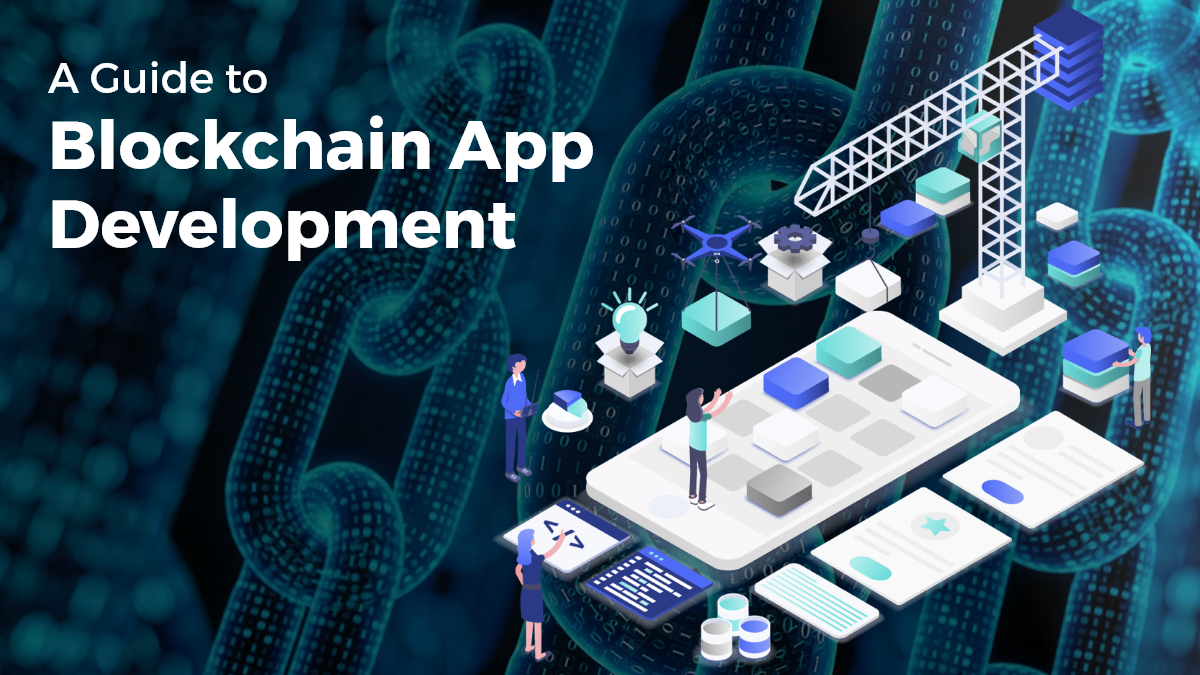
Blockchain technology has been a hot topic recently due to its potential to revolutionize various industries. Blockchain is a distributed ledger technology that ensures transparency, security, and dec

By 2024, we all know that technology will be the future. What excites me the most is that technology has covered all the dimensions of businesses, enabling them to attain their potential and efficienc
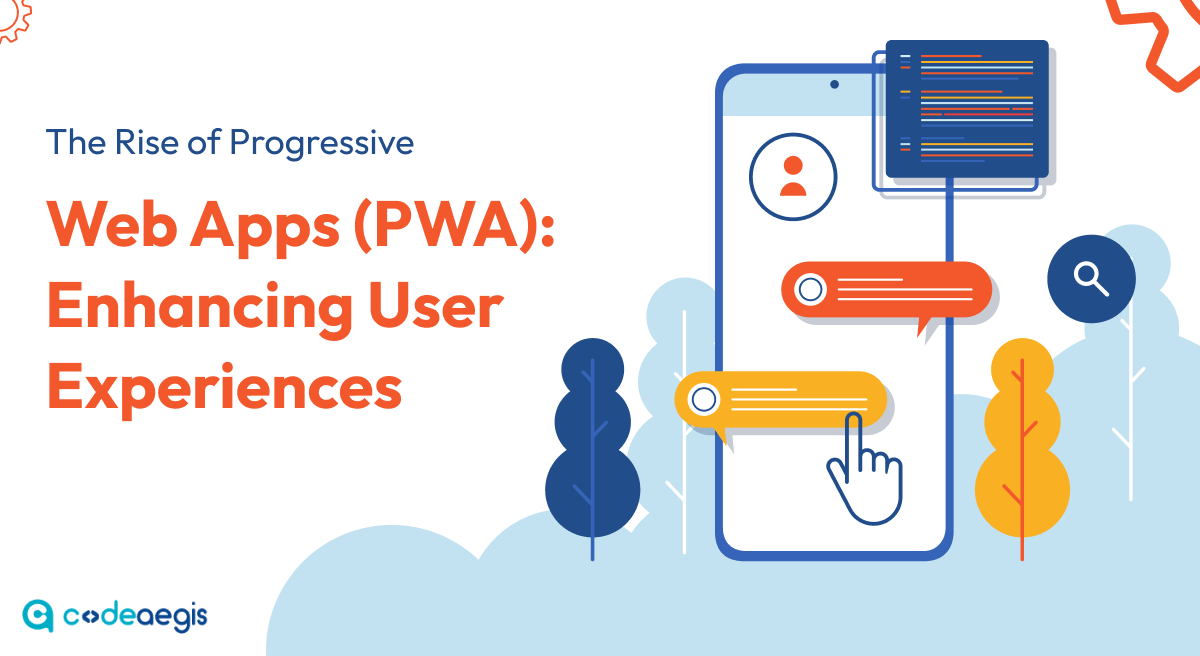
In today's digital world, businesses must keep up with ever-increasing consumer expectations and find new ways to engage their audience. That's where Progressive Web Apps (PWAs) come in. PWAs are a r

You’ve likely heard the term “Artificial Intelligence” or AI until now—It’s 2025. But have you ever paused to consider how deeply AI has woven itself into the web of our

Blockchain technology and web development are two powerful innovations that have the potential to transform our world. While they may appear distinct, they share similarities and can work together to

Over-the-top (OTT) platforms like Disney Plus, Netflix, and Prime Video have gradually captured attention as traditional TV-watching methods have faded. Throughout the year, OTT platforms have created

Things have changed dramatically over the years with new opportunities, techniques, and future advancements. Real estate is the best industry to invest in, though the procedure sometimes irritates. Me

Summary: Car rental apps have become the heart of the business, stimulating growth, efficiency, and customization. They offer updated rental methods to stay relevant with Gen Z and Millennials, who ar

An extensive background working in Tech, Travel, and Education Industries. Currently involved in entire business operations process: Benefits strategy and implementation, systems integration, Human Re

Google released Android 13 beta 4 to the public, and with it comes a slew of new features and updates. In this article, we'll walk you through everything you need to know about the latest version of A

When it comes to mobile app development, one of the most important things you need to consider is the prototyping process. This will allow you to create a working model of your app so that you can tes

The world is digitizing at a very rapid pace, and in such a scenario, real estate businesses must also go digital to stay ahead of the competition. One of the best ways to digitize your business is de

When it comes to developing an app, there's a lot to consider. Not only do you need to create a user-friendly interface and design, but you also need to make sure your app is able to meet the demands

The two hottest frameworks in the mobile app development world are Flutter and React Native. They’re both cross-platform solutions that allow you to write code once and deploy it to Android and

The food delivery application has innovative, game-changing features that will transform the industry from the bottom to the top. According to Statista, the online food delivery market in the UAE has
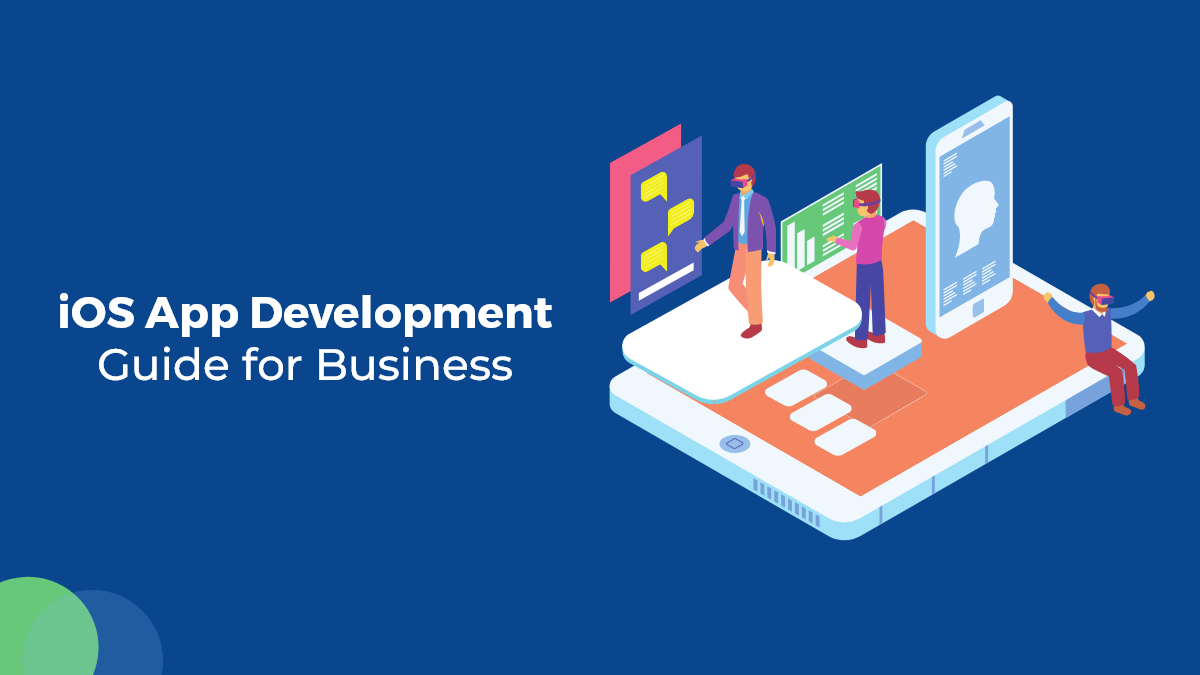
Businesses these days are looking to have an edge over their competition by having a strong online presence. A website is not enough anymore, and many companies are turning to mobile apps as a way to

Picture this: a world where traditional banking transforms into a cutting-edge, efficient, and transparent system that leaves everyone in awe. Blockchain, often met with skepticism and uncertainty, is
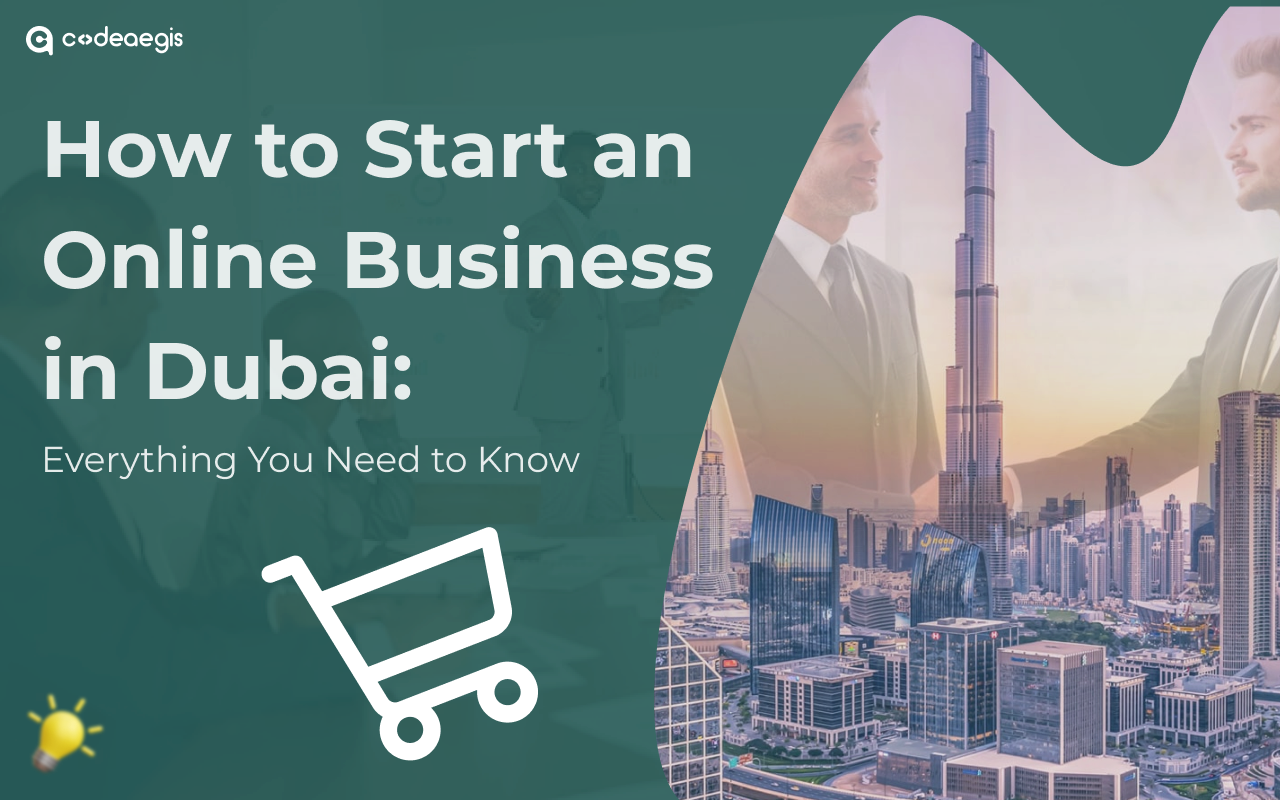
The UAE, and Dubai specifically, has really evolved from just a real estate and tourism market, and is quickly becoming a hub for digital innovation and online commerce. With the continued investment

Are you looking to design a mobile app in 2025? Mobile application development is an ever-changing field, and it can be hard to keep up with the latest trends and best practices. But with this guide,

Over the past decades, the healthcare sector has continuously expanded its wings, moving from traditional to advanced technological processes. This evolution is driven by the sector's unwavering commi

Mobile applications have dominated the market, helping businesses to reinforce their full potential. Not only for the rental business, but mobile apps play a critical role in establishing a solid foun

Imagine a classroom where history comes alive in the 3D model of historical events. Biology students can explore the unique complexities of a cell as they have practiced it with real-world examples, a

Depending on what niche you’re in, video chat apps are becoming increasingly common in the world of business and technology. Whether it’s a small startup company or a multinational corpora

It's no secret that the digital world has transformed many aspects of our lives, and it is only going to continue changing in ways we can't even imagine yet. To help businesses keep up with this rapid

If you’re planning to enter the fast-growing fantasy sports market, one of the most critical aspects considered is “What will it cost to build a fantasy sport that stands out and drives t

The world of gaming is rapidly evolving, and the latest buzzword is "metaverse." The term refers to a virtual world where users can interact with each other and digital objects in real time, using imm

Is your business still relying on off-the-shelf software solutions that don’t efficiently meet your unique business requirements? If your mind instantly says yes, then let’s explore why in
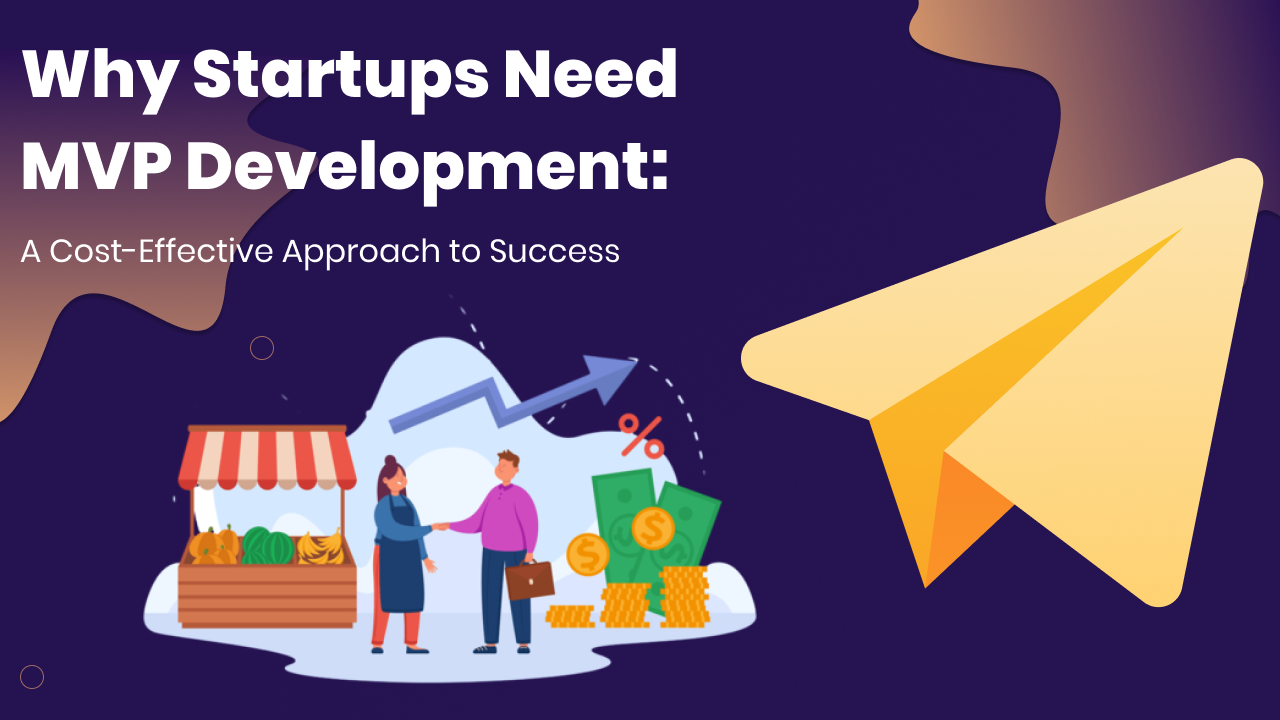
The startup space is fast, competitive, and harsh. According to Exploding Topics, about 90% of startups fail. What would be the reason for that? There would be multiple reasons for startup failure, bu

Do you know what digital transformation with AI is and how it can impact your business? Organizations today are under pressure to digitally transform to stay competitive. This digital transformation

Nowadays, the financial industry has encountered massive digitization, and mobile apps play a significant role in it. There are a wide variety of money transfer apps available, catering to the needs a
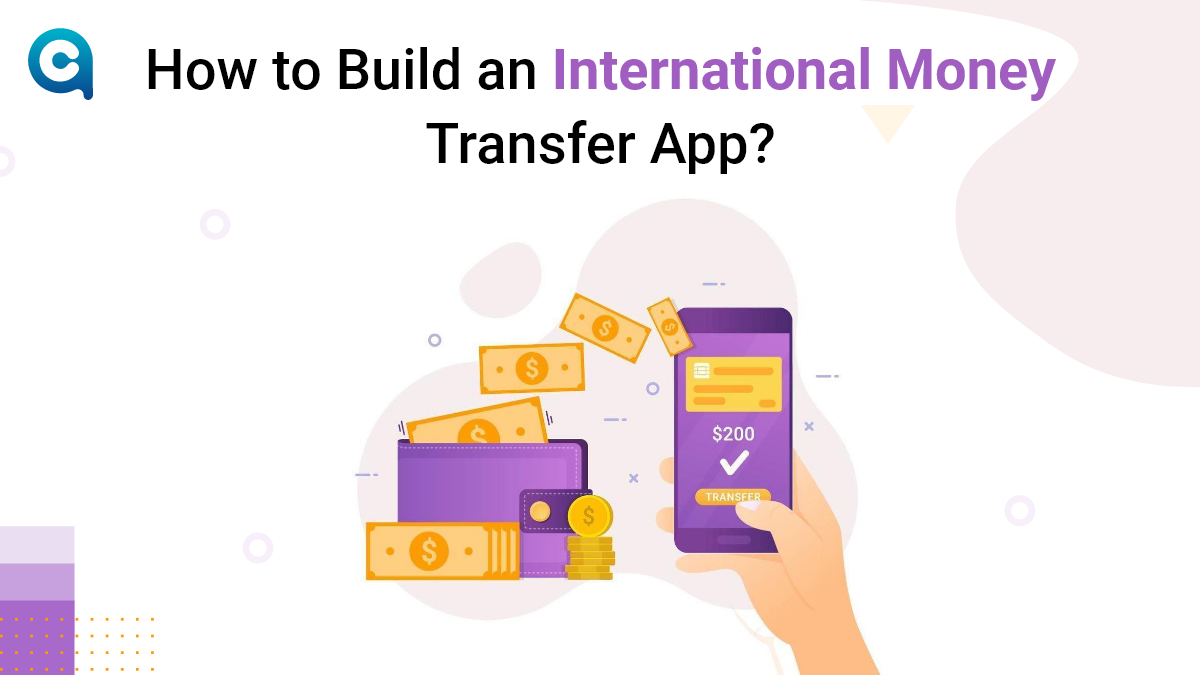
The introduction of online payment applications has changed how people perform financial transactions. A mobile phone with a banking app lets you quickly resolve various financial matters. Ta

Building an App that promotes businesses and acts as a right hand has a separate fanbase! Creating an app for the business plays a fundamental role in elevating business operations, making seamless c
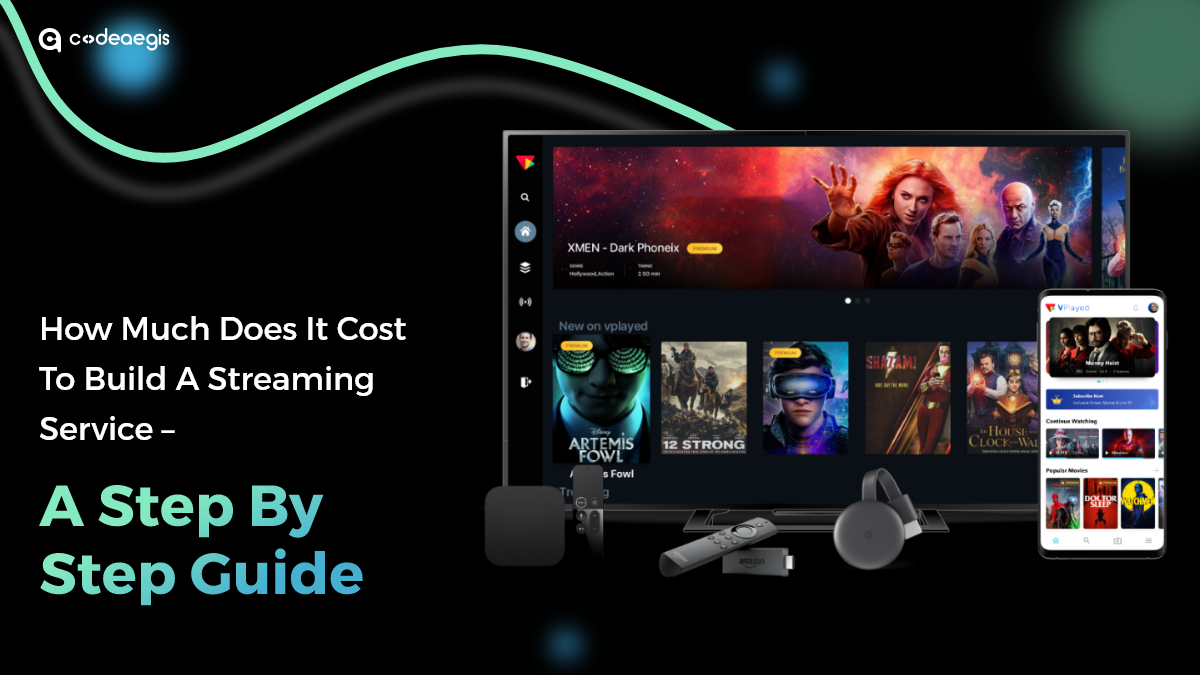
The rise of online video streaming services has revolutionized the entertainment industry, prompting businesses worldwide to explore the possibility of launching their own platforms. With giants like

IPTV has established itself as a prominent technology that is gaining traction with its comprehensive platform applications. Unlike traditional methods like satellite, cable, or TV, IPTV has accelera
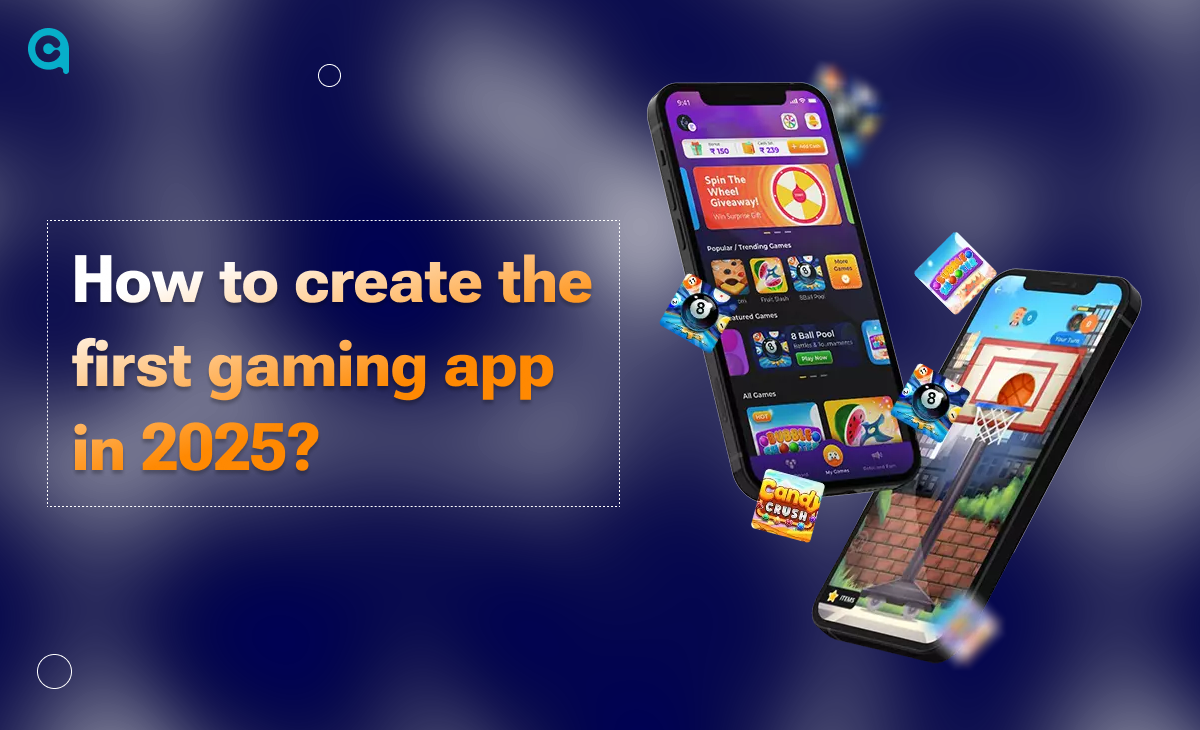
Application development is essential to fostering business efficiency while accepting new changes. Depending on the specific requirements, 85% of businesses rely on software development solutions to s

In the last few years, wearables have become increasingly popular. Fitness trackers, smartwatches, and even smart glasses are becoming more and more commonplace. And as the technology improves and bec

Mobile applications play a vital role in the development of multiple businesses in this digital world. Most companies are investing in iOS app development to strengthen their market appearance and dra
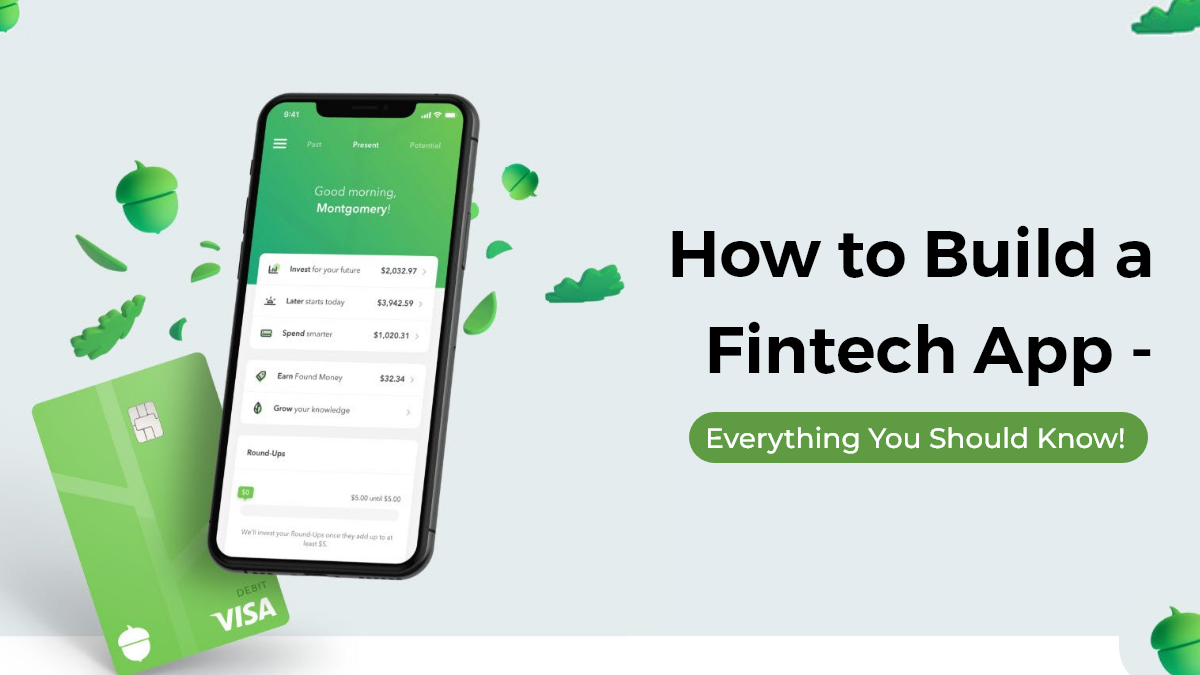
With the advent of technology, the financial industry has experienced a massive transformation in the past few years. Fintech applications have revolutionized the way we manage and invest our money.
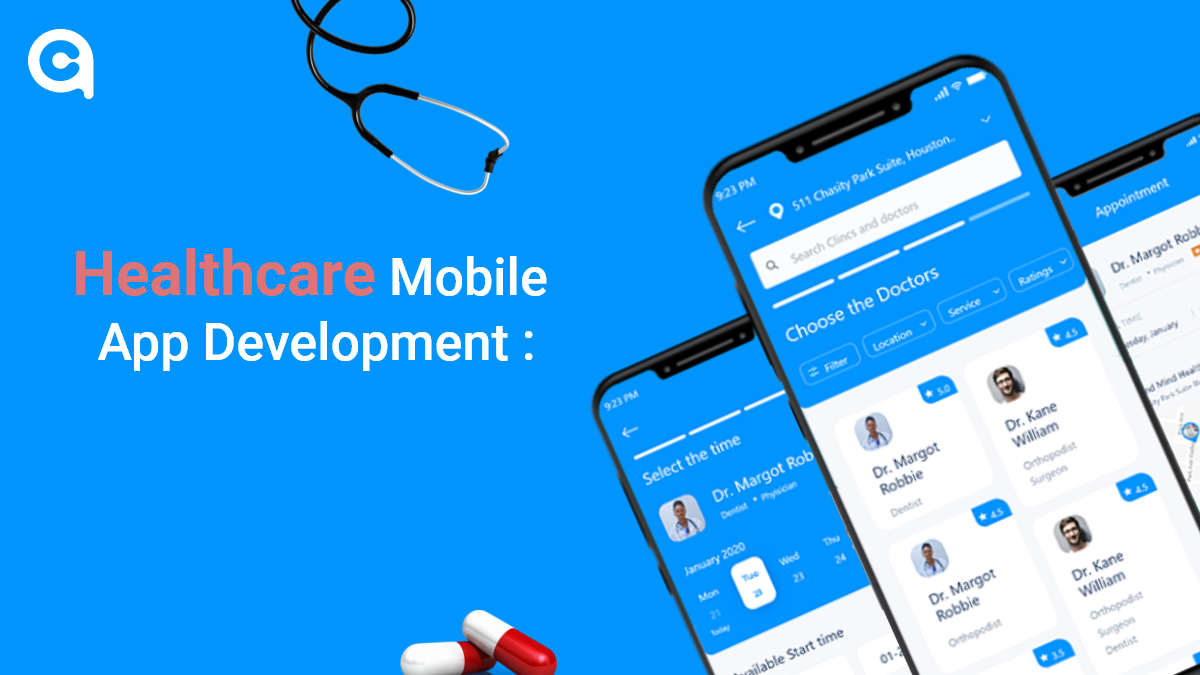
The healthcare industry is one of the most rapidly changing and growing industries worldwide. Mobile devices and apps have drastically changed how providers and patients interact and communicate.So, i

Imagine a world where you can speak your thoughts and desires, and the digital realm responds promptly, seamlessly integrating into your daily life. Whether you want to search for information, contro

Rental businesses are gaining market share by offering essential services that help other businesses minimize downtime and maximize profitability. This growth trend is particularly strong in the servi

Gone are the days when people used to wave down a taxi on the street or wait for one at the airport. With the advent of technology, people can now book a taxi with just a few taps on their smartphones

Generative AI? Is this still a question mark to you? If you don’t know what generative AI does, that would be a fair question, but it was not if you said that you haven’t interacted with

Decentralized Finance (DeFi) is a modern and evolving region of finance that is less centralized and more open to innovation and collaboration. DeFi enthusiasts laud its prospect of disrupting convent

Technology has come a long way in the past decade, and augmented reality (AR) is one of the most exciting development fields. AR technology superimposes digital content into the real world, creating a

The mobile app market has grown to a staggering size, with over 1.8 million apps available in the Google Play Store and Apple App Store combined. Mobile apps have become a necessity for people worldwi

Table of Contents 1. What is Flutter? 2. Why Choose Cross-Platform Development? 3. Why is Flutter the Best Platform to Make Cross-platform Applications? 4. How Much Does it Cost to

Necessity is the mother of invention origin! Have you ever wondered when an entrepreneur decides to start a business? When demand is high and supply is low, opportunities arise. But there’s mor
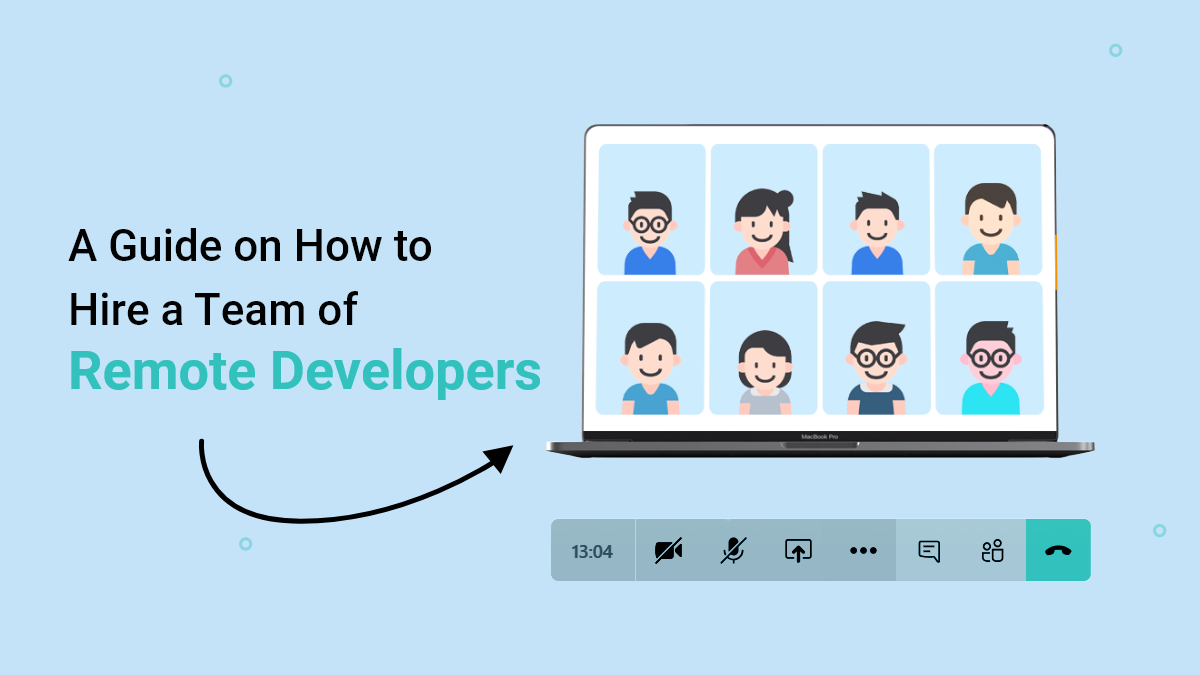
Hiring a team of remote developers can be a daunting task, but it doesn't have to be. With a little bit of planning and the right approach, you can find the perfect candidates to build your dream prod

Social media apps are all the rage these days. People use them to connect with friends and family, to learn about new products and services, and to stay up-to-date on the latest news. But as popular a

Did you know that Dubai's prime residential market is projected to experience the world's strongest growth in 2025? The Middle East is buzzing with opportunities, especially in the realm of mobile app

In recent years, the gaming industry has seen a surge in popularity, with many gamers turning to online gaming platforms and console games in order to escape reality. With so many people playing video

Do you want to build a simple app for your business? Do you want to create an app that enhances the experience of users who play games on their smartphones? Whatever your reason, I have created this g

Are you aware that the world is going through a significant shift in the way we make payments? According to a recent report by Deloitte, the total value of digital payments worldwide is estimated to r

Will DeepSeek and ChatGPT collide in the race for AI Supremacy? DeepSeek and ChatGPT are at the center of a heated debate that tends to shape the future of AI. The real-world implications and effecti

Having a mobile application is no longer a luxury—it's an essential tool for instantly capturing the market! To stand out in the rental businesses, a company must adopt tech-driven preferences

Table of Contents 1. What is ChatGPT? 2. What Are the Top Benefits of ChatGPT? 3. How Does ChatGPT Work? 4. Challenges With ChatGPT 5. ChatGPT and the Future of AI 6. Final Thoug

Picture this - a world where business transactions are seamless, secure, and transparent. This might have seemed like a distant dream before the advent of cryptocurrencies and blockchain technology, b
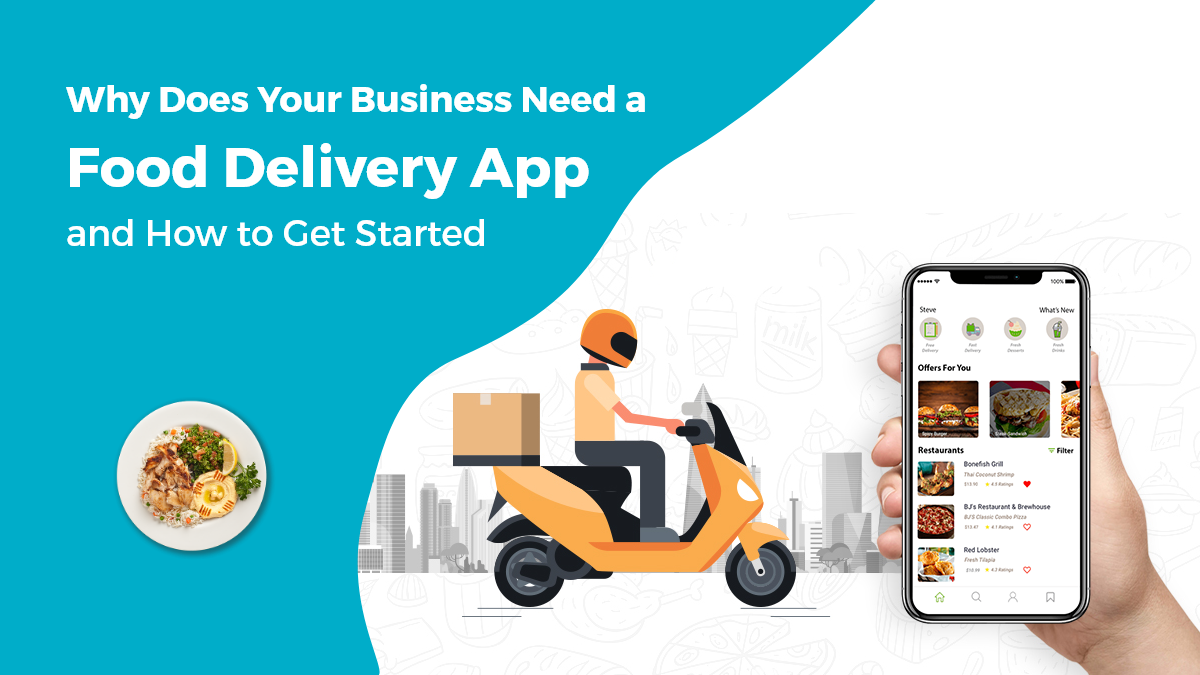
Businesses after COVID are going through several changes, and the food industry is no different. Restaurants that have been doing dine-in are now struggling to keep up with the demand for delivery and
Leave a Reply
Your email address will not be publishedDO YOU HAVE ANY PROJECT
Let's Talk About Business Solutions With Us
India Address
57A, 4th Floor, E Block, Sector 63, Noida, Uttar Pradesh 201301
Call Us
+91 853 500 8008
Email ID
[email protected]



.jpg)







